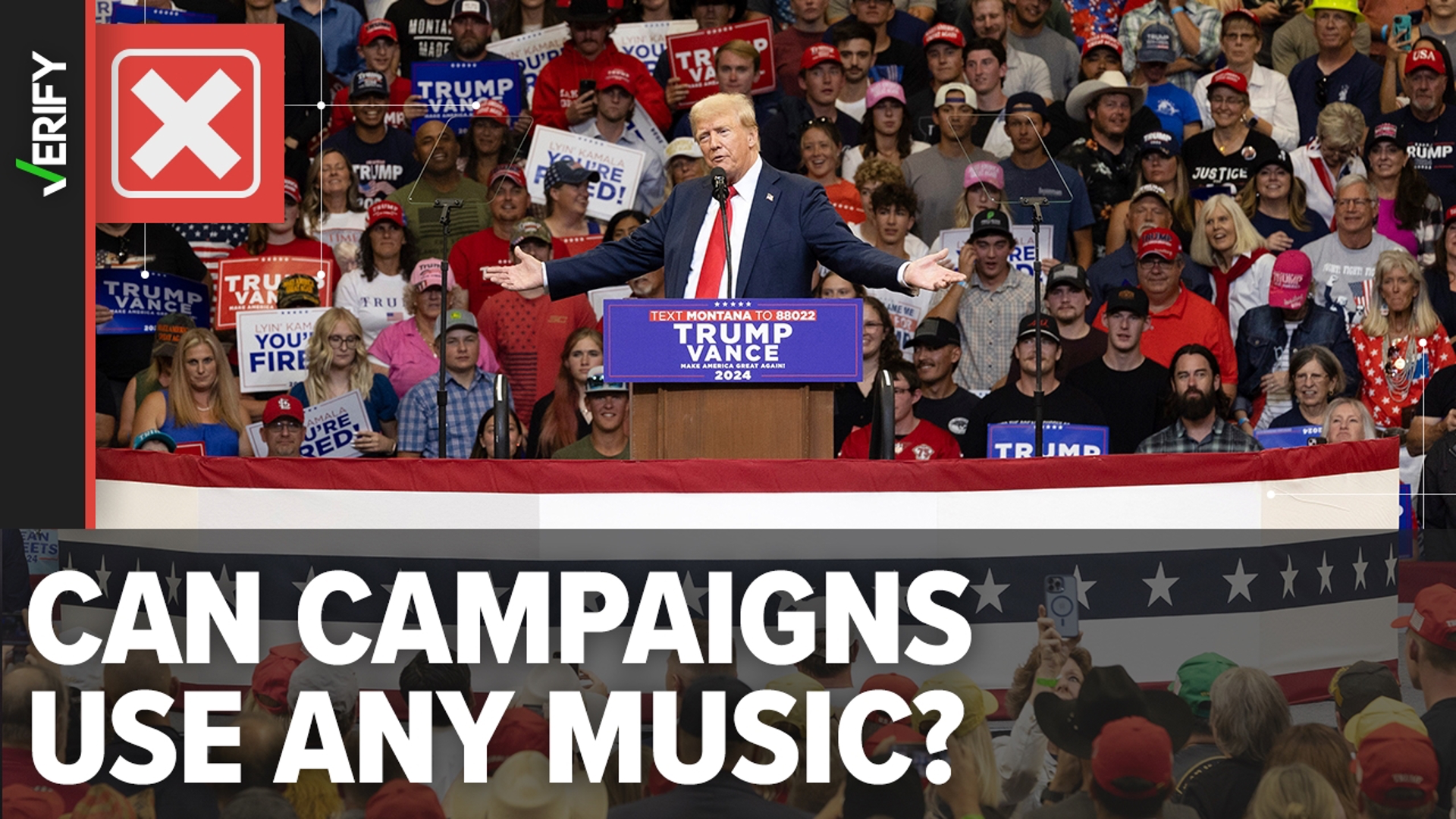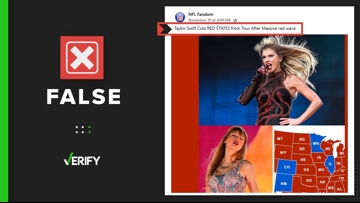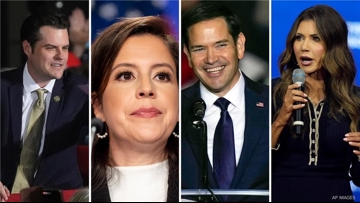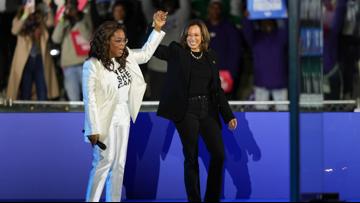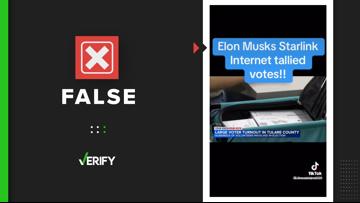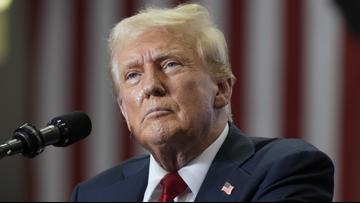During the last few presidential campaigns, various musical artists such as Neil Young, Aerosmith and Beyoncé have taken or threatened legal action in an attempt to block former President Donald Trump from using their music at campaign events.
The issue recently reentered the spotlight after the Foo Fighters claimed that Trump didn’t have permission to use one of their songs at a recent campaign event and the Isaac Hayes estate sued Trump over the unauthorized use of Hayes’ music in late August.
Some on social media have suggested the artists’ complaints aren’t valid because the campaign had the license to play the music. We VERIFY whether campaigns have to get permission from artists to play their music at campaign events.
THE QUESTION
Can a political campaign play whatever songs it wants at events?
THE SOURCES
American Society of Composers, Authors and Publishers (ASCAP)
2020 letter from the Artist Rights Alliance (ARA) requesting both Republicans and Democrats to stop using music without artist consent on the campaign trail
THE ANSWER
No, a political campaign cannot play whatever songs it wants at events. The campaign needs a license to play the songs and even then could face legal challenges if it doesn’t get permission from the song’s artist first.
WHAT WE FOUND
A political campaign must obtain a song’s licensing rights to play the song at a public campaign event, otherwise it may run afoul of copyright law. Additionally, a campaign could be sued by a song’s artist if it doesn’t also receive the artist’s permission to play their songs at the campaign’s events.
Entities, such as political campaigns, can pay for licensing rights to be able to play songs without violating the songs’ copyrights. Most songs are available through licenses offered by Broadcast Music, Inc. (BMI) and the American Society of Composers, Authors and Publishers (ASCAP).
Both BMI and ASCAP sell licensing packages specifically meant for political campaigns. The licenses allow campaigns to play any song within the package at public campaign events.
While ASCAP says these licenses allow campaigns to use music without infringing on artists’ copyrights, the license alone doesn’t fully guarantee a campaign has the right to use a song without recourse from its artist.
BMI and ASCAP allow artists to request their music be removed from the organizations’ political campaign licenses at any time. So if a campaign uses a song without the artist’s permission and the artist wants the campaign to stop, they can go to BMI or ASCAP and ask them to remove their song from the license. BMI or ASCAP will then notify the campaign that the song has been removed and the campaign can no longer use the song without risk of infringing on copyright law.
And that’s not the only option an artist has to stop a political campaign from using one of their songs.
“If an artist is concerned that their music has been associated with a political campaign, he or she may be able to take legal action even if the campaign has the appropriate performance licenses,” ASCAP says.
By using a licensed song without permission from the artist, a political campaign opens itself up to legal challenges regarding the impact the campaign may have on the artist’s rights of publicity and branding, according to a 2020 letter from the Artist Rights Alliance (ARA) that addresses both Republicans and Democrats.
If a campaign uses an artist’s music without their permission, an artist could sue the campaign for infringing upon, diluting or tarnishing the artist’s trademark under the Lanham Act and for claims of false endorsement, conversion, and other common law and statutory torts, the ARA wrote in its letter.
So to prevent any of these legal challenges, ASCAP recommends any political campaign receive permission from the artist to use the song prior to the campaign’s use of it, even if they already have the license.
However, it is ultimately up to the artist to request the campaign stop using a licensed song or pursue legal challenges. An artist could decide to give permission after the campaign has already started using the song or could just say nothing at all.
For example, Mick Fleetwood said in an interview that Bill Clinton never requested permission to use Fleetwood Mac’s “Don’t Stop” as his 1992 campaign anthem, “but the band generally voted Democratic and didn’t object to the exposure,” according to the Rolling Stone.
Fleetwood Mac had disbanded by the time Bill Clinton began his campaign for president, but the band reunited at Clinton’s insistence to play “Don’t Stop” at the president’s first inaugural ball, according to the Clinton Digital Library.
This story is also available in Spanish / Lee este artículo también en español: Las campañas políticas no pueden reproducir cualquier canción que deseen en sus eventos
